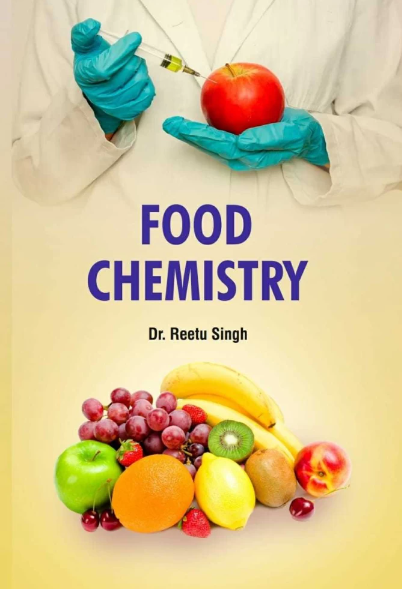The riboflavin-mediated reprogramming of specialized metabolites enhances postharvest cold tolerance and functional traits of zucchini fruits
IF 9.8
1区 农林科学
Q1 CHEMISTRY, APPLIED
引用次数: 0
Abstract
Shelf-life extension has a pivotal role in postharvest since fruits are cold-stored to slow down respiration and metabolic processes associated with degradation. When stored at low temperatures, zucchini fruits (Cucurbita pepo L.) are prone to chilling injury, which causes surface damage and reduces quality and nutraceutical value, leading to substantial economic losses. Recent studies featured riboflavin as an enhancer of postharvest cold tolerance in fruits inducing antioxidant defense mechanisms. This work aimed to elucidate the metabolic changes triggered by riboflavin in zucchini fruits during cold storage to extend postharvest shelf life and increase nutraceutical properties. A broad metabolic reprogramming was revealed, with terpenoids and phenolic compounds being the most differentially accumulated metabolites during cold storage. Additionally, riboflavin was found to influence the biosynthesis of alkanes, diacylglycerols, triacylglycerols, phytohormones, and vitamins. This metabolomic shaping supports shelf-life extension and the increase in antioxidant properties of zucchini fruits.
核黄素介导的特殊代谢物重编程提高了西葫芦果实采后的耐寒性和功能性状
延长保质期在采后具有关键作用,因为水果冷藏是为了减缓与降解相关的呼吸和代谢过程。低温贮藏时,西葫芦果实易发生冷害,造成表面损伤,降低品质和营养价值,造成重大经济损失。最近的研究表明,核黄素是水果采后抗寒性的增强剂,可诱导抗氧化防御机制。本研究旨在阐明核黄素在西葫芦果实冷藏过程中引发的代谢变化,从而延长西葫芦果实的采后保质期,提高其营养保健性能。在低温贮藏过程中,萜类化合物和酚类化合物是积累最多的代谢物。此外,还发现核黄素影响烷烃、二酰基甘油、三酰基甘油、植物激素和维生素的生物合成。这种代谢组学塑造支持延长西葫芦水果的保质期和增加抗氧化性能。
本文章由计算机程序翻译,如有差异,请以英文原文为准。
求助全文
约1分钟内获得全文
求助全文
来源期刊

Food Chemistry
工程技术-食品科技
CiteScore
16.30
自引率
10.20%
发文量
3130
审稿时长
122 days
期刊介绍:
Food Chemistry publishes original research papers dealing with the advancement of the chemistry and biochemistry of foods or the analytical methods/ approach used. All papers should focus on the novelty of the research carried out.
 求助内容:
求助内容: 应助结果提醒方式:
应助结果提醒方式:


